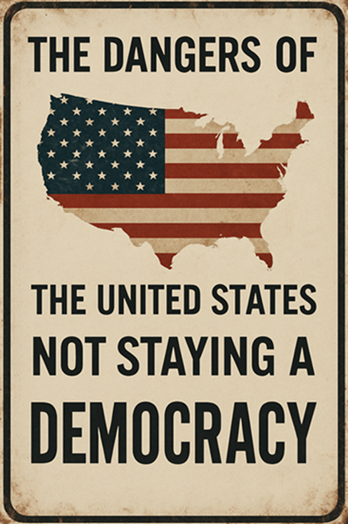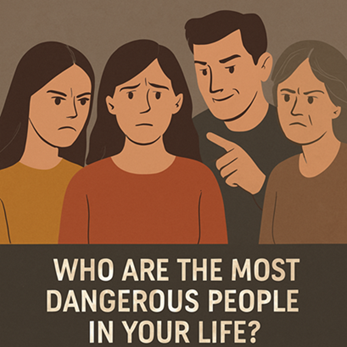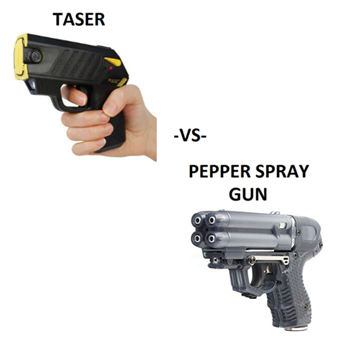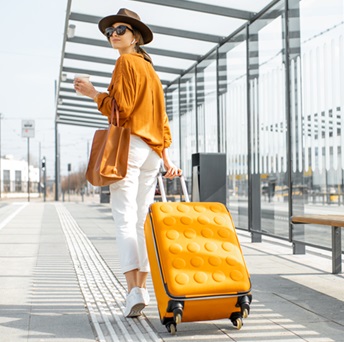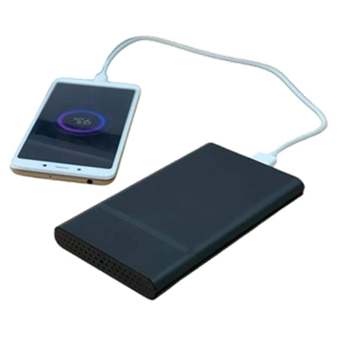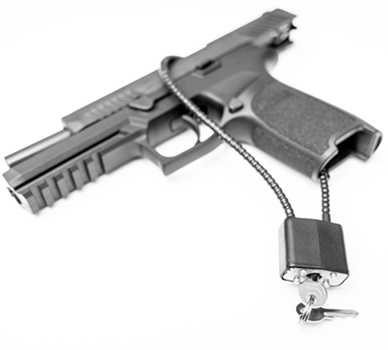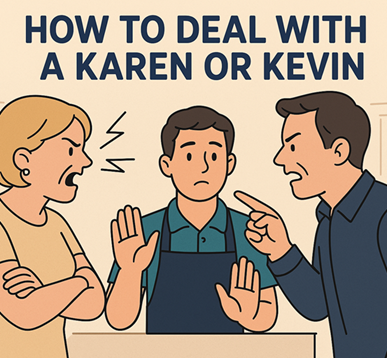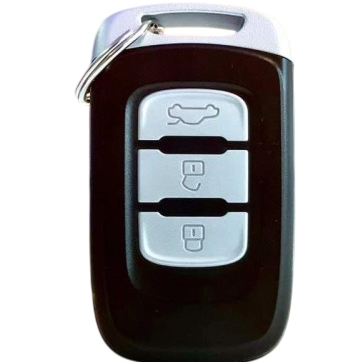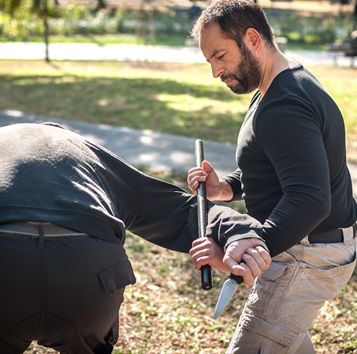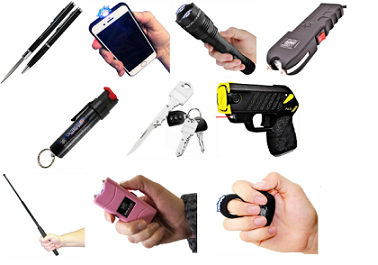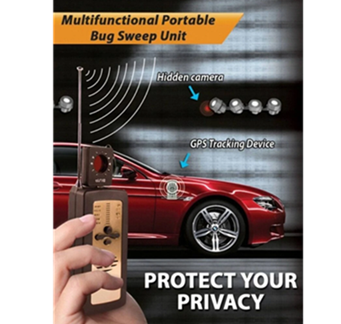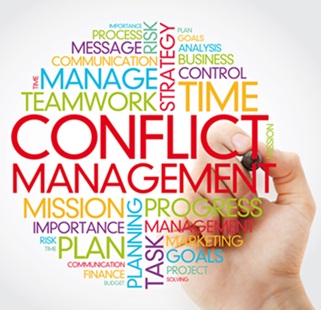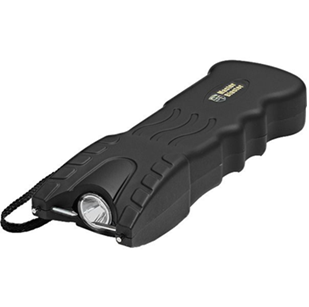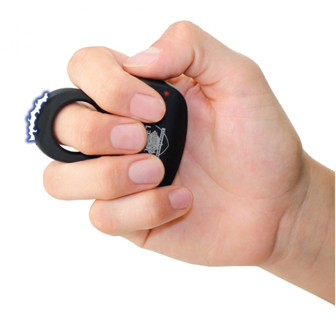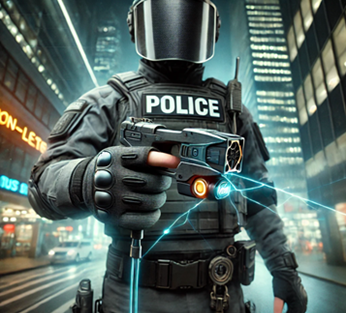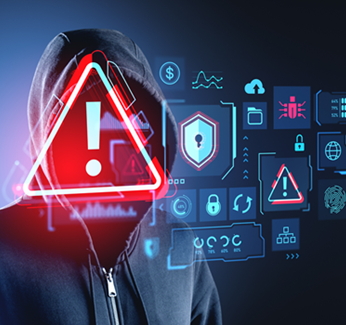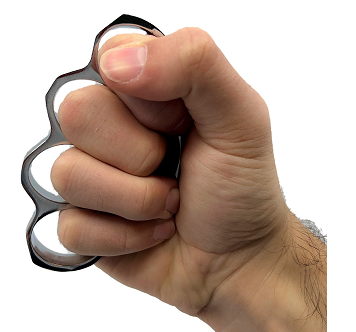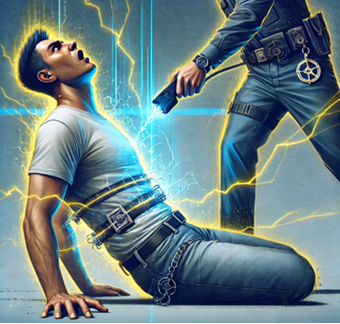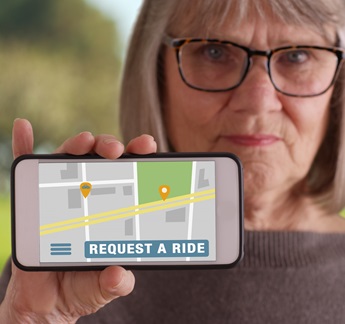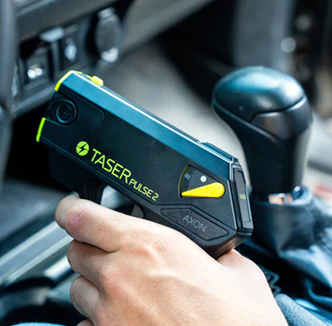10 Essential Personal Safety Tips Everyone Should Know
 Personal safety is a fundamental concern for everyone, regardless of where you live or what you do. In today’s world, being prepared and aware of your surroundings can make all the difference in avoiding dangerous situations. Below are 10 essential personal safety tips that everyone should know to protect themselves and their loved ones.
Personal safety is a fundamental concern for everyone, regardless of where you live or what you do. In today’s world, being prepared and aware of your surroundings can make all the difference in avoiding dangerous situations. Below are 10 essential personal safety tips that everyone should know to protect themselves and their loved ones.
1. Stay Aware of Your Surroundings
One of the most critical aspects of personal safety is situational awareness. Being mindful of what’s happening around you allows you to identify potential threats before they escalate.
-
How to Practice Situational Awareness:
-
Keep your head up and avoid distractions, such as looking at your phone while walking.
-
Pay attention to exits and entry points in buildings or public spaces.
-
Observe people’s behavior and body language for signs of unusual or suspicious activity.
-
Staying alert can help you make quick decisions and react appropriately to potential dangers.
2. Trust Your Instincts
Your gut feeling is a powerful tool when it comes to personal safety. If something doesn’t feel right, trust your instincts and take action to remove yourself from the situation.
-
Examples of Trusting Your Instincts:
-
If you feel uneasy walking down a particular street, take a different route.
-
If someone’s behavior makes you uncomfortable, distance yourself and seek help if necessary.
-
Ignoring your instincts can lead to unnecessary risks, so always prioritize your safety over social niceties.
3. Keep Emergency Contacts Handy
Having quick access to emergency contacts can be lifesaving in critical situations. Make sure you have important numbers saved on your phone and written down in case your phone is unavailable.
-
Essential Contacts to Save:
-
Local emergency services (police, fire, ambulance).
-
A trusted friend or family member.
-
Your workplace or school’s emergency hotline.
-
Additionally, familiarize yourself with emergency contact apps that can send your location to designated individuals during an emergency.
4. Learn Basic Self-Defense
Knowing how to defend yourself can boost your confidence and provide a sense of security. Basic self-defense techniques are easy to learn and can be practiced regularly.
-
Self-Defense Tips:
-
Take a self-defense class in your area or online.
-
Learn how to use non-lethal devices like a steel baton, stun gun, taser, pepper spray, or personal alarm.
-
Focus on targeting vulnerable areas, such as the eyes, nose, and groin, if you need to defend yourself.
-
Remember, the goal of self-defense is to escape and get to safety, not to engage in a prolonged confrontation.
5. Stay Connected with Trusted People
Letting someone know your plans and whereabouts can be a crucial safety measure, especially if you’re traveling alone or meeting someone new.
-
How to Stay Connected:
-
Share your itinerary or location with a trusted friend or family member.
-
Use apps that allow real-time location sharing, such as Find My Friends or Google Maps.
-
Check in periodically to let others know you’re safe.
-
This habit ensures that someone can act quickly if they notice you haven’t checked in as expected.
6. Be Cautious with Personal Information
Protecting your personal information is critical to avoiding identity theft, scams, and other security risks.
-
Tips for Protecting Personal Information:
-
Avoid sharing sensitive details, such as your address or financial information, with strangers.
-
Be cautious about what you post on social media, especially regarding your location or travel plans.
-
Use strong, unique passwords for online accounts and enable two-factor authentication whenever possible.
-
By safeguarding your information, you reduce the likelihood of becoming a target for cybercriminals or scammers.
7. Plan Your Routes and Know Your Exits
Whether you’re walking, driving, or using public transportation, planning your route in advance can help you avoid unsafe areas and reduce the risk of getting lost.
-
Tips for Route Planning:
-
Use GPS or map apps to identify the safest and most efficient routes.
-
Avoid poorly lit or deserted areas, especially at night.
-
Familiarize yourself with emergency exits in buildings, public venues, and transportation hubs.
-
Knowing your routes and exits gives you a sense of control and ensures you can act quickly in an emergency.
8. Carry Personal Safety Devices
Personal safety devices, such as steel baton, stun gun, taser, pepper spray, or personal alarm can provide an added layer of protection.
-
Choosing the Right Device:
-
Select a device that you’re comfortable using and that complies with local laws.
-
Practice using the device so you can deploy it quickly and effectively if needed.
-
Keep it accessible, such as in a pocket or on a keychain.
-
Having a safety device can deter potential threats and give you the confidence to navigate challenging situations.
9.Be Mindful of Your Body Language
The way you carry yourself can influence how others perceive you. Confident body language can deter potential attackers by signaling that you’re alert and not an easy target.
-
Tips for Confident Body Language:
-
Stand tall, make eye contact, and walk with purpose.
-
Avoid appearing distracted or lost, even if you’re unsure of your surroundings.
-
Keep your hands free and avoid carrying too many items that might limit your mobility.
-
Projecting confidence can reduce your chances of being targeted.
10. Know How to Call for Help
In an emergency, knowing how to call for help effectively can make a significant difference. Practice staying calm and providing clear information to responders.
-
Tips for Calling for Help:
-
Dial the appropriate emergency number (e.g., 911 in the U.S.) and provide your location and the nature of the emergency.
-
Use personal safety apps with SOS features to alert authorities and share your location.
-
If you’re unable to speak, some emergency services allow you to text for help.
-
Being prepared to call for help ensures you can get assistance quickly when you need it most.
Final Thoughts
Personal safety is about being proactive, prepared, and aware. By implementing these 10 essential tips, you can significantly reduce your risk of encountering dangerous situations and increase your confidence in navigating the world safely. Remember, safety is a lifelong practice that requires continuous learning and vigilance. Stay alert, trust your instincts, and take control of your personal security.
Company Info
Customer Service
Product Information
- TASER® and Stun Devices Regulations by State
- TASER® Safe Escape Product Replacement Guarantee
- TASER® Comparison Chart
- TASER® User Manuals
- TASER® Warranty Info
- Byrna Product Catalog
- PepperBall Manuals & Spec Sheets
- Pepper Spray Laws
- Air Gun Laws
- States that Restrict Automatic and Butterfly Knives
- Our Print Catalog





























